By Jay Gideon
The COVID-19 pandemic served as a stark reminder of the disparities present in the American healthcare system. Despite being the wealthiest country in the world, the U.S. has experienced the most deaths from COVID-19, with over a million Americans perishing over the past few years. Many of the deaths associated with COVID-19 have been attributed to impoverished conditions and lack of access to health care. Furthermore, COVID-19 disproportionally affected people of color. This disparity illustrates why it is so important to promote health equity in disenfranchised communities across America.
Founded in 1972, the Robert Wood Johnson Foundation works to improve health equity in the United States, ensuring that everyone can receive proper health care regardless of their station in life. For the past seven years, the Robert Wood Johnson Foundation and the National Civic League have partnered to recognize individuals who are making health equity a reality in their communities. The RWJF-National Civic League Health Equity award was created to honor the people who are leveraging engagement to improve health outcomes for those most impacted by health disparities. As the award program is coming to an end, the National Civic League would like to take the time to remember past award winners who have worked tirelessly to decrease healthcare disparities.
About the Award:
The health equity award recognized individuals or teams of individuals (no more than two individuals) who successfully implemented systems change approaches to reduce health disparities within the previous two years. Efforts were related to one or more of the following areas: access to quality care, education, employment, income, community environment, housing, and public safety.
The seven recipients all went above and beyond to address issues within their own communities. The programs that the award recipients created promoted equity through a variety of methods, such as creating affordable housing, promoting small businesses, offering care for children and mothers, or simply asking a community what they need. Regardless of method, all the winners have done remarkable work creating health equity within their communities
2016 Winners: Thelma Craig and Dr. Terri Richardson 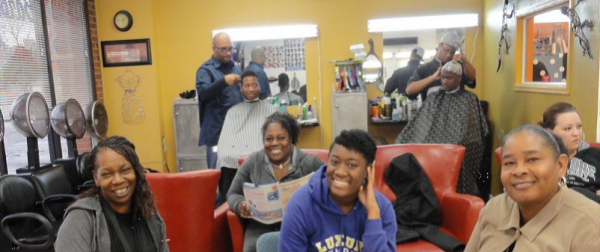
Thelma Craig and physician Terri Richardson were the 2016 award winners for creating the Colorado Black Health Collaborative. The CBHC was created based on the realization that promoting health equity cannot be a one-time event. After being told that, “you can’t just come once and leave,” Craig and Richardson realized that health equity required continued and dedicated effort. It was not enough to hold a single seminar or event, the community needed to be engaged over the long term. The CBHC works with members of the African American community to accurately identify health-related concerns, then develop culturally relevant responses that suit not only what the community needs, but what the community wants. For example, the CBHC regularly holds free blood pressure screenings at salons and barbershops. A program such as this gives communities access to much needed resources while doing so in a manner that respects community culture.
CBHC not only addresses individual community needs, but also addresses issues within the healthcare system itself. CBHC partners with community providers as well as clinics to increase the access to health resources for targeted communities. This is done through programs such as FLOW (Form a Lifetime of Optimal Wellness,) a program that connects community members to much needed resources and educates members of the Black community on how to not only address current health concerns, but to build a lifetime of healthy habits. Craig and Richardson ensured that they were not only aiding once but continuing to provide resources even to this day. The Colorado Black Health Collaborative continues to hold events and provide resources to targeted communities; more information is available on their website.
2017 Winners: Elizabeth Bustos and Reverend Gerald W. Brown 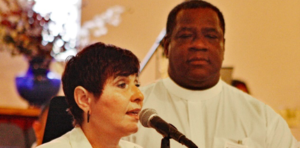
Elizabeth Bustos and Gerald Brown recognized that health equity could be effectively addressed through pre-existing community supports such as faith institutions. The project aims to “put the community in the driver’s seat” by having each participating congregation develop their own plans to reduce heart disease in the San Diego area. This means that every plan will meet the specific needs of the congregation that created it. Congregations also meet monthly to share resources, further building stronger connections within the community. Pastors will often preach the importance of healthy living. It is one thing for an outside health professional to espouse the importance of health, but it is an entirely different thing to hear a trusted faith leader preach that a healthy body can be used to better serve God. A message can be substantially less effective if not delivered from a trusted source.
Bustos and Brown were adamant in addressing the influence that race and racism had over healthcare in African American communities. A legacy of racism has resulted in high levels of heart disease, cancer, injury, and stroke. The health disparities in the region attracted health studies that claimed to want to improve community health. However, it seemed that these studies were only concerned with gathering data, and there was very little long-term improvements. As Senior Pastor William A. Benson explained, “We were concerned about people coming into the community with passion but what they really wanted was our numbers, our data… they would put in for grants and get the money and it never came back to the community. We were tired of being played.”1 Bustos and Brown wanted to do things differently. While the long-term effects of the program are still being collected, pastors regularly share stories of individual lives that have been improved by the program.
2018 Winners: Angela Bannerman Ankoma and Sharon Conrad Wells
The Sankofa Initiative was created by Angela Bannerman Ankoma and Sharon Conrad Wells to promote health equity in Providence, Rhode Island’s West End community, one of the most diverse communities in the city. When Ankoma returned to the West End, her childhood neighborhood, she noticed the plethora of health issues that plagued the community. In collaboration with Sharon Conrad Wells and other community stakeholders, the Sankofa Initiative was born. The word “Sankofa” is a Ghanaian word that means “to return to your roots.” The Sankofa Initiative honors this meaning by directly investing in the community. There were several empty lots within the West End that remained vacant due to economic downturn. The lots, which attracted crime and dumping, were a burden on the community, but were transformed by the Initiative.
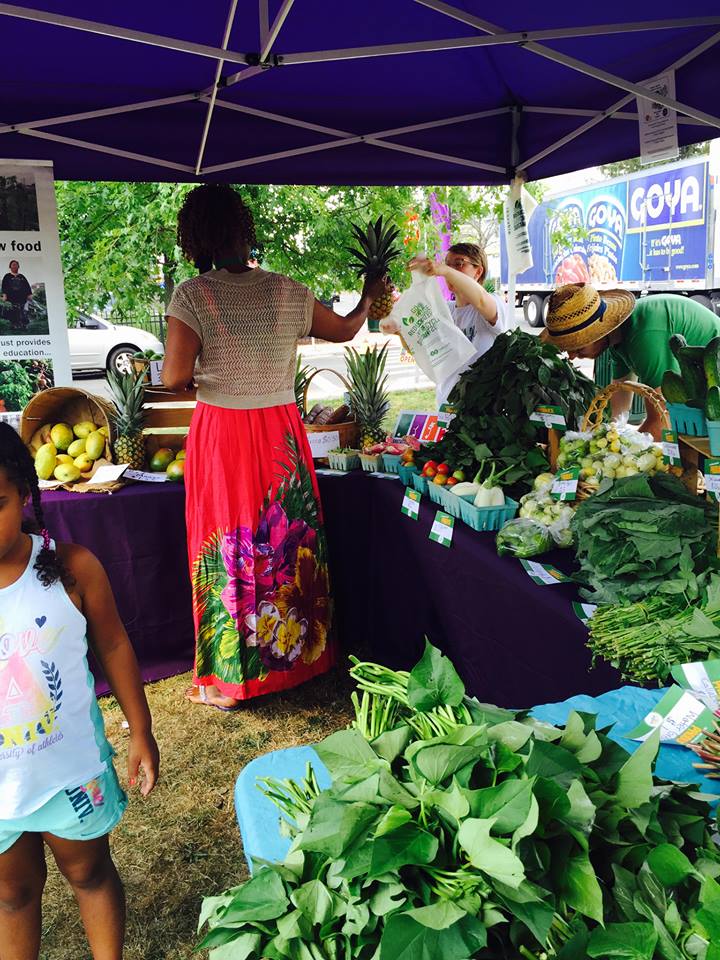 Ankoma and Wells worked with community members to revitalize the eleven vacant lots. The lots now provide invaluable resources to the West End, including new, affordable housing units. Portions of the land were converted into agricultural spaces, and some were made available for small businesses and locally grown produce to be sold at a weekly market. There was even the creation of the Sankofa Women, Infants and Children Center on one of the lots. The Sankofa Initiative is a veritable Swiss Army knife when promoting health equity. Locals were given reliable and affordable housing, which is a common setback in health equity for many communities. The agricultural spaces promote healthy eating and gives residents an opportunity to generate income by selling food they grow themselves. The Sankofa WIC Center supports women during pregnancy which ensures the health of both mothers and their children.
Ankoma and Wells worked with community members to revitalize the eleven vacant lots. The lots now provide invaluable resources to the West End, including new, affordable housing units. Portions of the land were converted into agricultural spaces, and some were made available for small businesses and locally grown produce to be sold at a weekly market. There was even the creation of the Sankofa Women, Infants and Children Center on one of the lots. The Sankofa Initiative is a veritable Swiss Army knife when promoting health equity. Locals were given reliable and affordable housing, which is a common setback in health equity for many communities. The agricultural spaces promote healthy eating and gives residents an opportunity to generate income by selling food they grow themselves. The Sankofa WIC Center supports women during pregnancy which ensures the health of both mothers and their children.
2019 Winner: Dr. Shreya Kangovi
Over the course of her career in West Philadelphia, Dr. Shreya Kangovi was witness to many of her patients dying from conditions, such as diabetes, that should have been treatable. Dr. Kangovi realized the effects that non-medical issues, such as lack of housing, could have on the health of her patients. Furthermore, it was apparent that low-income communities had very little say in creating health initiatives. Dr. Kangovi realized the best way to tackle this issue was to simply sit down and ask people what they needed to stay healthy. Over 1,500 residents of impoverish neighborhoods, alongside civic leaders, were interviewed to identify the barriers to healthy living.
Using the stories and information acquired, Dr. Kangovi would go on to create IMPaCT. Since its creation, IMPaCT has become a nationally recognized program that has helped over 10,000 Philadelphia residents. The program works with community health workers, who are trusted individuals that get to know their patients. The workers conduct interviews with prospective patients and ask them what they believe will help improve their health. The health workers then work with the individual to create a personalized plan to improve their health. This approach to health addresses every aspect of an individual’s life, not just the immediate medical issues present, which are often worsened by external factors. According to the IMPaCT website, the program has produced tangible effects in targeted communities, directly affecting over 10,000 patients in the Philadelphia area.
2020 Winner: Dr. Tsu-Yin Wu
Dr. Tsu-Yin Wu is the director or the Center of Health Disparities Innovation and Studies (CHDIS) at Eastern Michigan University. Dr. Wu uses her position as director to address the barriers to healthy equity that many Asian Americans and Asians face, of which she has firsthand knowledge. The programs she created alongside her team are culturally relevant interventions that also provide vital knowledge to the targeted population. One of the many barriers to proper health is simply being unaware of available resources. Dr. Wu’s programs utilize bilingual navigators to properly communicate healthcare solutions.
Many people received their first health screenings or became insured for the first time under the guidance of Dr. Wu and her team. As a well-respected researcher, she has gathered extensive data that she has presented to health authorities, legislators, and scientific societies to further promote health equity. Dr. Wu has even replicated her work in China, Philippines, and Taiwan.
2021 Winner: Melissa Robinson
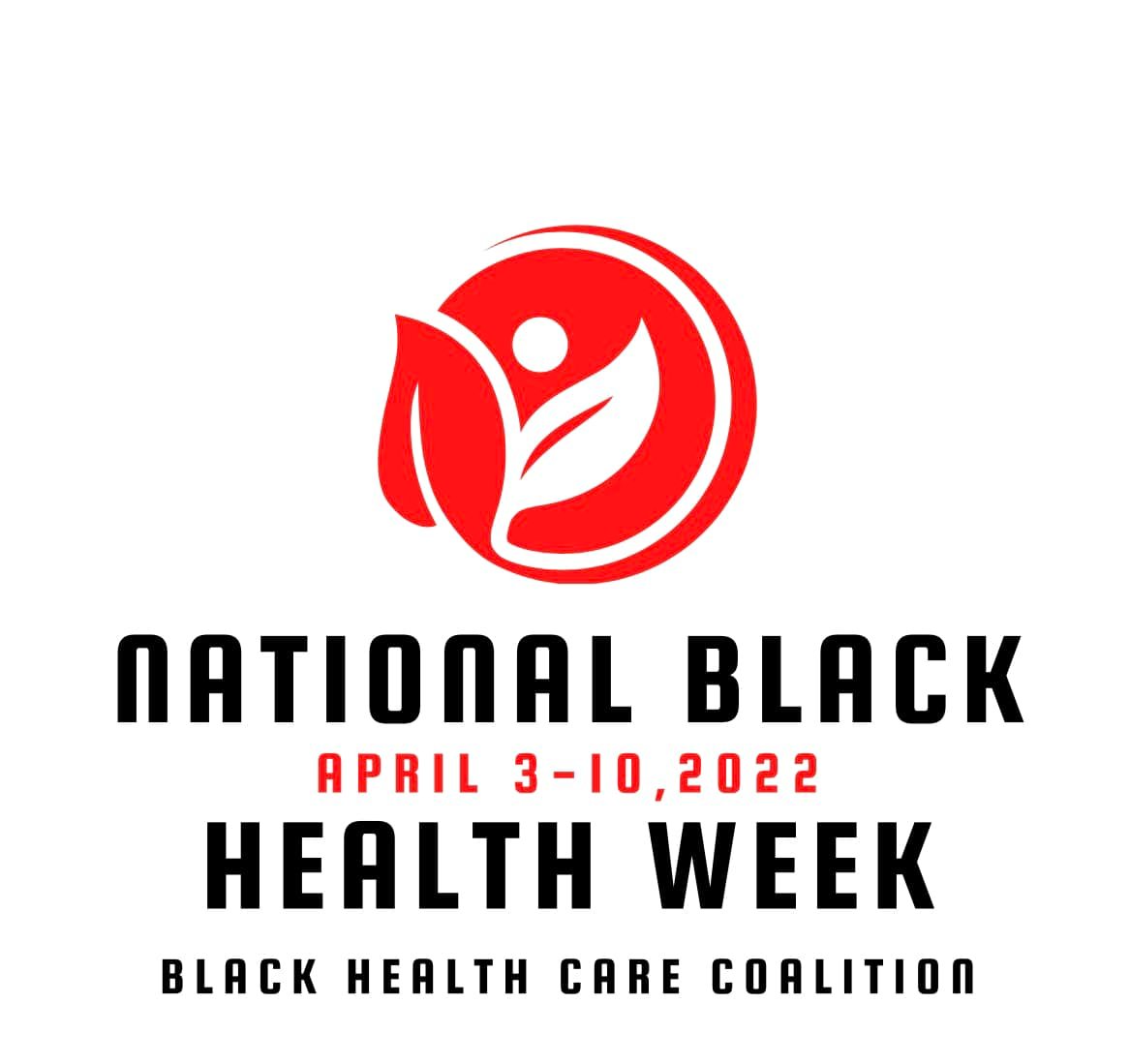 Melissa Robinson is the president of the Black Health Care Coalition (BHCC) in Kansas City, Missouri. The Black Health Care Coalition tackles healthcare on three fronts: advocacy, access to care, and health promotion activities. Robinson works to address the health disparities that disproportionally affect people of color. One of Robinson’s notable efforts is to reestablish National Black Health Week, which was originally created by Booker T. Washington in 1915. Robinson reestablished NBHW to raise awareness of the health disparities that plague Black communities.
Melissa Robinson is the president of the Black Health Care Coalition (BHCC) in Kansas City, Missouri. The Black Health Care Coalition tackles healthcare on three fronts: advocacy, access to care, and health promotion activities. Robinson works to address the health disparities that disproportionally affect people of color. One of Robinson’s notable efforts is to reestablish National Black Health Week, which was originally created by Booker T. Washington in 1915. Robinson reestablished NBHW to raise awareness of the health disparities that plague Black communities.
In an effort to address access to healthcare, Robinson and BHCC work with health ambassadors who educate community members and provide vital healthcare services. Additionally, every February the BHCC places health literacy stations at ‘places where culture happens,’ such as churches, salons, and libraries to teach residents about health inequities. Those who participate in these trainings work together to create their own health programs, giving them agency over their well-being.
For more information about Robinson’s work and the BHCC, please visit their website.
2022 Winner: Alma C. Stewart
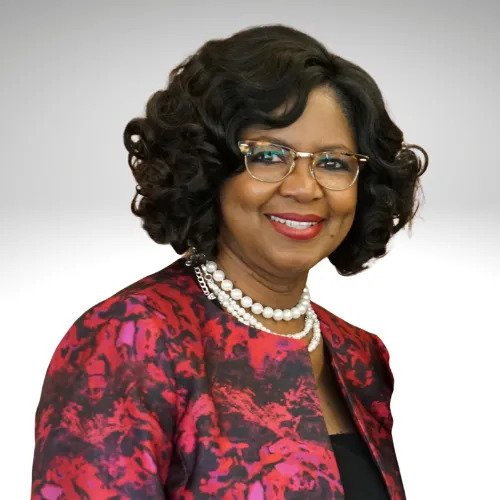 Alma S. Stewart is the founder and president of the Louisiana Center for Health Equity (LCHE). The LCHE is a non-profit that aims to address the inequities in health across Louisiana. Stewart and the LCHE have partnered with community members and state leaders to create a wide range of initiatives. These initiatives, under Stewart’s leadership, have specifically focused on youth, a priority based on community discussions.
Alma S. Stewart is the founder and president of the Louisiana Center for Health Equity (LCHE). The LCHE is a non-profit that aims to address the inequities in health across Louisiana. Stewart and the LCHE have partnered with community members and state leaders to create a wide range of initiatives. These initiatives, under Stewart’s leadership, have specifically focused on youth, a priority based on community discussions.
The creation of the LEAD in LYFE—Leadership Engagement Advocacy Development in Louisiana Youth for Excellence—program addressed youth health concerns by engaging with youth directly. LCHE partnered with the NAACP and the Louisiana Legislative Youth Advisory Council to appoint a group of teens from across the state, who then communicated their concerns and experiences. Using these discussions as a starting point, the LCHE worked with students to create presentations and policy recommendations to address concerns such as mental health, bullying, and quality in education, among other issues. Like other programs, the essence of this work is to give agency back to targeted communities by letting them communicate their own concerns and experiences. This one however, does so with younger populations, who are often disproportionately affected by health disparities.
More of Stewart’s and the LCHE’s work can be found here.
The Future of Health Equity
All these individuals exemplify what it means to promote health equity in their communities. They provide invaluable resources and services to targeted populations to address health disparities. As time goes on, they will continue to make great strides in equity. Unfortunately, there is much more work to be done. The COVID-19 pandemic starkly demonstrated the shortcomings of the U.S. healthcare system, and areas that need to be addressed as quickly as possible. However, the work being done across the U.S. by individuals such as these RWJF award winners offers hope in the fight for health equity.
Jay Gideon is a Robert Rawson, Jr. Fellow with the National Civic League.



